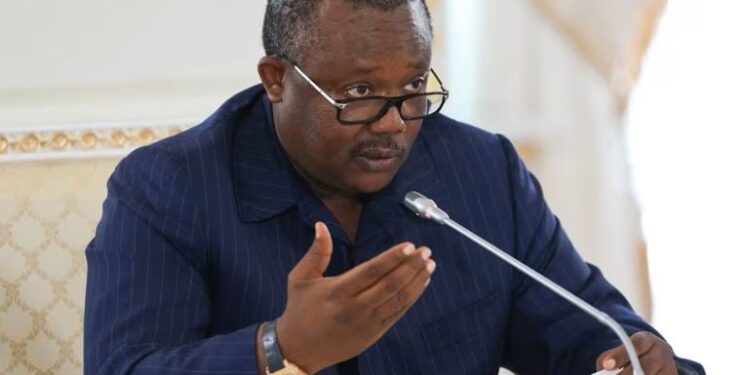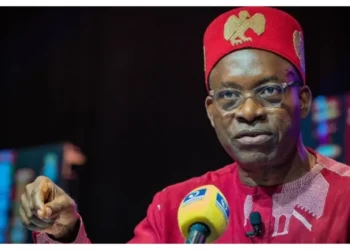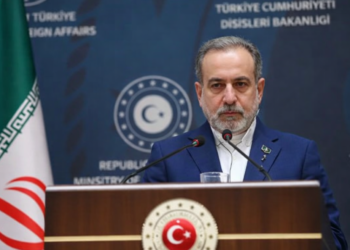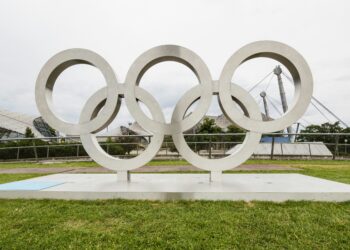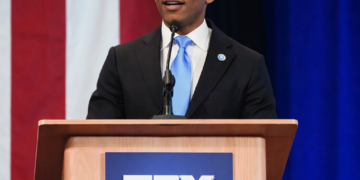West Africa is once again on edge, and Nigeria cannot look away, Guinea-Bissau has fallen into the hands of its military just days after elections, a country already familiar with coups. Soldiers took control, imposed curfews, shut down media outlets, and put the nation on hold, leaving citizens and neighbours alike wondering: when will democracy ever have a chance in this region?
A Pattern of Instability
Guinea-Bissau’s history is a textbook case of recurring political chaos. Since independence, the nation has endured multiple coups, and yet each time, the international community offers only cautious statements. The latest seizure of power is shocking in scale but sadly predictable in outcome. When elections are manipulated, opposition parties excluded, and leaders rule by decree, it becomes clear that the cycle of unrest will continue until accountability is enforced.
The irony is cruel: soldiers claim to act against threats from “drug lords” and alleged destabilization plots, yet their intervention undermines every democratic mechanism that might prevent those very crises. Borders are closed, voting processes suspended, and citizens are left without voice while the military consolidates power. This is not leadership. This is survivalism masquerading as governance.
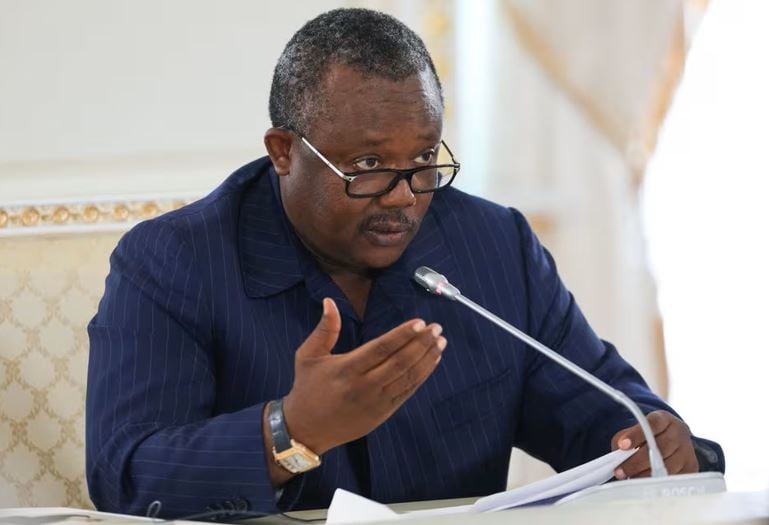
Lessons for Nigeria
Nigeria watches nervously because this is a cautionary tale. While Abuja has avoided a military seizure recently, its own struggles with internal security, kidnappings, insurgencies, and banditry, reveal cracks in state authority that are far too similar. When neighbouring countries crumble under their own political instability, the ripple effect is immediate.
Leadership cannot respond to crises with mere statements or temporary fixes. Without decisive action, a country can appear strong on paper yet be weak in practice. Citizens notice, and so do criminals, who often interpret hesitation as invitation. Guinea-Bissau has handed a live demonstration to the region: hesitation and exclusion of opposition only embolden forces willing to seize power by force.
The Role of ECOWAS and International Observers
More than 6,700 security personnel were deployed during Guinea-Bissau’s elections, yet none of it prevented chaos. This illustrates the limits of external intervention when internal governance fails. ECOWAS and other observers can watch, document, and warn, but they cannot replace a government’s responsibility to its people.
Nigeria, like other regional powers, must recognize that stability is not guaranteed by troop presence alone. It is built on trust, accountability, and functioning institutions. Watching Guinea-Bissau collapse again should be a sobering reminder that security is not just about forces on the ground, it is about a system that respects laws and refuses to tolerate abuse of power.
Why Citizens Fear the Military’s Grip
Beyond politics, these events carry human costs. Citizens are immediately subjected to curfews, halted communications, and an atmosphere of fear. Economic activity freezes. Families worry not just about politics but about survival. The country’s long-standing role as a hub for illicit trade complicates matters further, as corruption and criminal networks exploit every gap left by weak governance.
For Nigeria, which is far from immune to insurgency and organized crime, the fall of a neighbour is a clear warning. A state that hesitates, that negotiates with criminals, or that tolerates political exclusion, risks more than internal unrest, it risks becoming a playground for those willing to use force to claim power.
What This Means Going Forward
The international community can issue statements and condemn military seizures, but real change depends on national will. Guinea-Bissau’s repeated crises show what happens when leaders ignore opposition, manipulate elections, or govern by decree. Nigeria must take heed: strong institutions, transparent governance, and decisive action against lawlessness are not optional, they are survival requirements.
Until then, citizens remain at risk, and the specter of instability looms larger with every coup, every hostage situation, and every failure to act decisively. Watching from the sidelines is not a strategy, it is a slow admission of fear and impotence.
A Warning for the Region
Guinea-Bissau falls, and Nigeria watches. The lesson is clear: hesitation in the face of disorder only encourages chaos. Leaders cannot wait for perfection, they must act. Institutions must be strengthened. Criminals and opportunists must face consequences.
The region’s future depends on it. Otherwise, the cycle will continue, leaving ordinary citizens to pay the price while governments debate and delay.

